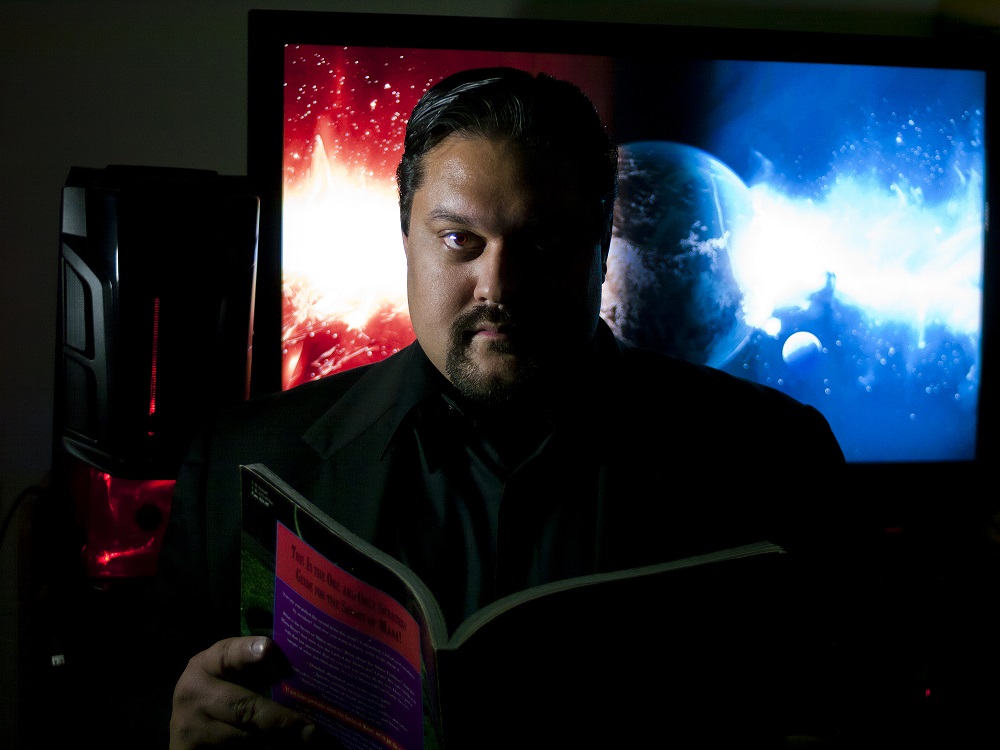
Since the beginning, video games have been the whipping boy for politicians and mainstream media. Demonized and blamed as the cause for crime, murder, obesity, and delinquency, the attack on video games was nonstop. Even now, the attacks continue whenever an asinine politician tries to blame video games for rising crime rates in Chicago that are a result of soft-on-crime policies or the defunding of the police and not video games like Grand Theft Auto V. So, in order to mitigate the risk of irreparable damage by politicians, systems such as the ESRB were put in place. In a hypocritical twist, we see that online age verification is being upheld in the video game industry while the same can’t be said for online porn or even books being read by prepubescent children.
Throughout the specific targeting of the gaming community, the video game news outlets combated the likes of disbarred lawyer Jack Thompson, Congressional hearings, Senator Hillary Clinton(Family Protection Entertainment Act), and erroneous claims that video games cause violence. Yet, as video games were vilified for violence and sex, Hollywood didn’t have to deal with these issues and wasn’t scrutinized to any similar degree. So the ESRB was created and age verification enforced for retailers in order to prevent mature video games from being sold to minors.
Sadly, a change happened. As video games were not targeted as they once were for political points or click bait articles, the very same video game news outlets that defended the medium suddenly became the very same censorious arbiters of what should be and shouldn’t be allowed in the video game marketplace themselves.
This self-flagellation of the industry has increased over the past decade as video game news outlets jumped into bed with the same politicians and mainstream media. Video game news journalists are now outraged by sexy female characters, violence, and even video game settings. One only has to look at games such as Hatred, Fat Princess, Six Days in Fallujah, and Duke Nukem Forever as examples of this. Game journalists piled on Hatred for being “too violent,” Fat Princess for fattening up the princess, Six Days in Fallujah for focusing on real life events, and Duke Nukem Forever for…well…what didn’t they find wrong with it?

When it comes to age verification, I have no issues with it. It is good to have a rating system to make sure that young kids aren’t exposed to nudity, strong language, and graphic violence. On the other hand, there is a problem when the government tries to enforce how much time is spent playing a game; like the Chinese government does in China.
But there is a huge disconnect right now between what the video game industry is doing to prevent minors from being exposed to inappropriate things compared to Hollywood, politics, and even education. While video game journalists whip themselves into a frenzy over pixelated boobs, they are perfectly fine with the inclusion of top surgery scars on minors in a game like The Sims (rated T for Teen).
In education, it’s okay to read graphic scenes to children but not okay to read those same passages to the people who approved that these books be in schools while the ESRB will level fines and punishments for retailers who sell M-rated titles to minors. Then you have Hollywood and Netflix putting out a movie like Cuties which sexualizes minors. We see Pornhub fighting back against online age verification and even going out of its way to ban entire States that vote to enact laws to prevent minors from accessing pornography online. Even though such laws were passed for video game retailers.
Game journalists will cry about boobs on video game vixens while supporting the removal of breasts on real life children. These journalists will support online age verification, as they should, but will stay silent when it comes to graphic books being read to minors. Or even protest the removal of such books.
They will put out hit piece after hit piece condemning a game like Hogwarts Legacy because author JK Rowling is a woman who dares to speak her mind on transgenderism. But then try to convince gamers that established characters such as Link might be trans and is being seen as a trans icon. These video game news outlets declare that prepubescents should be exposed to concepts of transgenderism, top scars, chest binding, pronouns, etc. while simultaneously telling adults that they shouldn’t want attractive characters in their games or play games that these “journalists” feel are too violent or too controversial in their opinion.
How does this make sense?
The video game industry has gone off the deep end when video game journalists declare that it is okay to expose minors to certain things yet censor what adults can do.
Video game journalists don’t care about your children. They care about shutting you up.
It is absolute madness.
Author’s Note: Support this site by donating via Paypal or even checking out our merchandise on RedBubble where you can find designs that cater to writers and readers. Money donated and raised goes into paying for this website and equipment.
My Family, My Choice – Leave Our Kids Alone design in Tan text, white text, and black text.

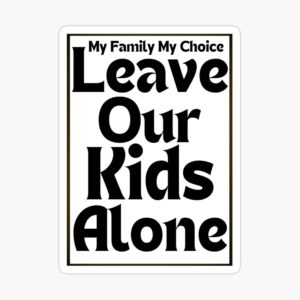
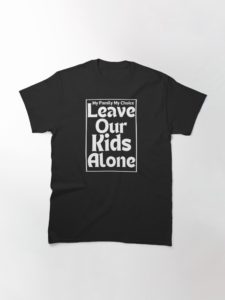
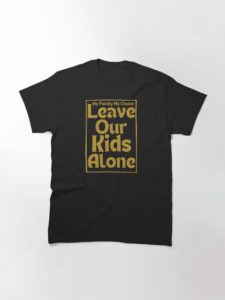


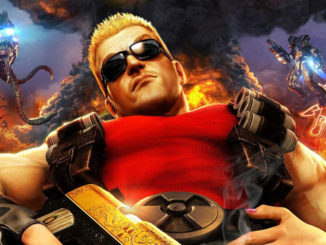

[…] will continue on. Let the baby fascists cry about a less than 1% issue on Steam. Just remember who these politicians are when it comes to voting them out of office and the video game outlets who try to censor the gaming […]